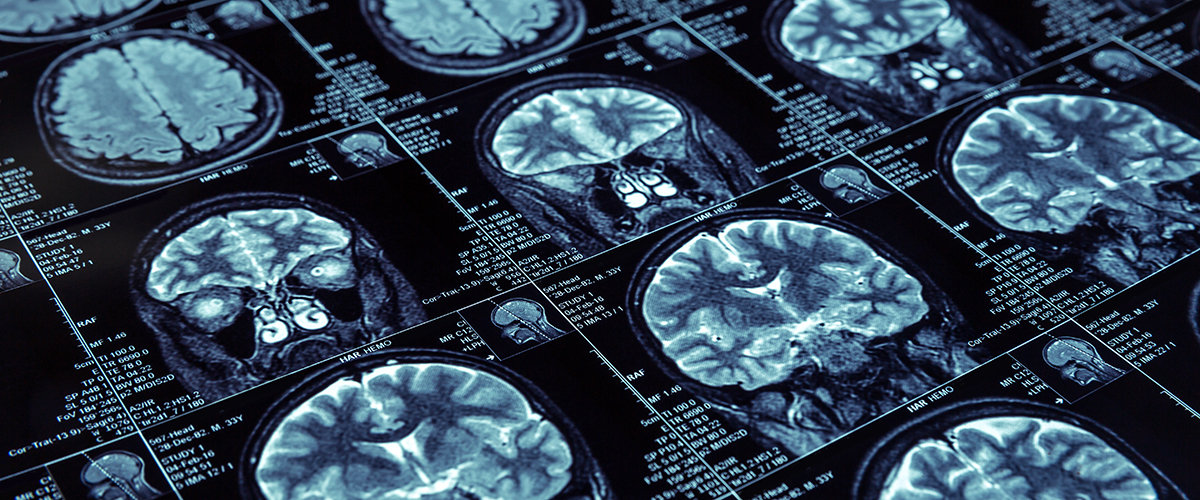Findings in a new study suggest THCA can protect the health of brain neurons and potentially help treat degenerative disorders like Huntington’s disease.
A non-psychoactive cannabinoid is potentially beneficial for treating neurodegenerative brain disorders like Huntington’s disease, according to a new study published in a recent issue of the British Journal of Pharmacology. At the Instituto Maimónides de Investigación Biomédica de Córdoba (IMIBIC) in Spain, researchers found evidence indicating that tetrahydrocannabinolic acid (THCA), the precursor to tetrahydrocannabinol (THC), has neuroprotective properties that encourage the health of brain neurons.
THCA is a non-psychoactive cannabinoid found in raw and live cannabis plants. As the plant dries, THCA gradually transforms into THC and becomes psychoactive. While THC and other cannabinoids that have previously demonstrated neuroprotective activity, the objective of the investigators in this study was to determine whether THCA also offered these brain-protecting benefits.
Their study featured three separate segments. First, researchers examined N2a cells in vivo to observe whether THCA had any effect on mitochondrial biogenesis and pgc-1α expression. Second, they used STHdh cells and N2a cells that were expressing the Huntington’s disease gene to investigate the neuroprotective effect of THCA. Third, they infected mice with 3-nitropropionic acid (3-NP), which resemble the Huntington’s disease gene, to test whether THCA could improve their condition.
The researchers discovered that THCA activates PPARγ receptors, which are responsible for regulating lipid metabolism and glucose homeostasis. Through the PPARγ pathway, THCA was found to minimize microgliosis, astrogliosis, and the neuron-damaging inflammatory responses that had been induced in the mice. This in turn elicited motor improvements and protected brain health.
“Δ9-THCA, through a PPARγ-dependent pathway, was neuroprotectant in mice intoxicated with 3-NP, improving motor deficits and preventing striatal degeneration. In addition, Δ9-THCA attenuated microgliosis, astrogliosis and the upregulation of proinflammatory markers induced by 3-NP,” the researchers concluded in the study.
The findings suggest that THCA may be beneficial for Huntington’s disease, a genetic disorder that gradually breaks down nerve cells in the brain. Scientists have estimated that about 30,000 people in the U.S. have Huntington’s disease, which eventually impacts functional abilities and causes movement, cognitive and psychiatric problems.
“We demonstrated that Δ 9-THCA, the main non-psychoactive phytocannabinoid biosynthesized by the Cannabis sativa L. plant, exerts neuroprotective action in its raw form without acting on the endocannabinoid system, but by activating the PPARγ receptors, thereby avoiding the undesired psychotropic effects. This finding will open a new range of cannabinoid neuroprotective applications,” said Dr. Xavier Nadal, Manager, lead researcher on the study.
Scientists had previously found evidence that targeting the endocannabinoid system with cannabinoids could have therapeutic effects for treating degenerative disorders related to the basal ganglia, such as Huntington’s disease and Parkinson’s disease. A 2012 study published in Phytomedicine also found evidence that THCA protected brain neurons.
You can access the entire study, “Tetrahydrocannabinolic acid is a potent PPARγ agonist with neuroprotective activity,” through Wiley Online Library.
Learn more about the research done on cannabinoids and Huntington’s disease and other degenerative brain disorders by visiting our education page.






